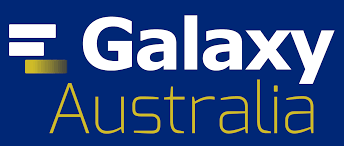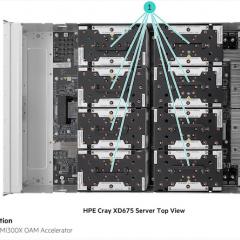 Pawsey Supercomputing Centre has awarded the Galaxy Australia team expedited access to its newly-refreshed Nimbus cloud computer for COVID-19 (SARS-CoV2) research.
Pawsey Supercomputing Centre has awarded the Galaxy Australia team expedited access to its newly-refreshed Nimbus cloud computer for COVID-19 (SARS-CoV2) research.
The Galaxy Australia team comprises staff from QCIF bioinformatics arm QFAB and Melbourne Bioinformatics based at the University of Melbourne, and often works in partnership with RCC for its computing needs.
SARS-CoV2 researchers wanting to rapidly analyse their data using the published tools and workflows available to them on free bioinformatics platform Galaxy Australia, now have access to a dedicated COVID-19 Pulsar via Pawsey’s Nimbus cloud.
Hosted on the Galaxy Australia node at the Perth-based Pawsey Supercomputing Centre, this Pulsar will speed up and expand computing resources for urgent public health research.
Both Pawsey and NCI Australia (the latter hosts Gadi, Australia’s fastest supercomputer) are supporting the Australian and international research community undertaking COVID-19 research through provision of streamlined, prioritised and fast-tracked access to computation and data resources.
Resources being made available at Pawsey include large data stores and the Nimbus cloud service. COVID-19 projects will have access to allocations of up to 500 cores, with up to 100 TB of storage available for use during 2020–2021.
Swift deployment of the cloud resources has seen Pawsey staff recently working with researchers from QFAB, Monash University, University of Western Australia, WA Department of Health, and Telethon Kids Institute.
“In response to COVID-19, rapidly advancing the relevant science can deliver real public health outcomes and this initiative is all about rapid and expert support at a time of great need,” said Mark Stickells, Pawsey Executive Director.
“Having access to advanced HPC resources and data expertise at Pawsey and NCI allows Australian researchers to accelerate their science to combat the pandemic and we are proud to contribute our national infrastructure and expertise in this collaborative effort.”
Researchers can still apply for resources at Pawsey, since this special call is ongoing.
NCI Director Professor Sean Smith said successful recipients of its Australasian Leadership Computing Grants will have access to compute power that’s never before been available in Australia.
In addition to access to the federally-funded Gadi supercomputer, NCI will provide storage for major reference data sets (national or international) needed to support computational and data analysis by multiple projects.
In other Galaxy news, the users of Galaxy Australia have been busy this year with 16 publications produced already. The team has also added a new feature to Galaxy Australia's homepage: live statistics updated daily, displaying the total number of Galaxy users, workflow invocations, jobs and data sets.
Much of the information in this article is from a Pawsey Supercomputing Centre press release, published 21 April 2020.



